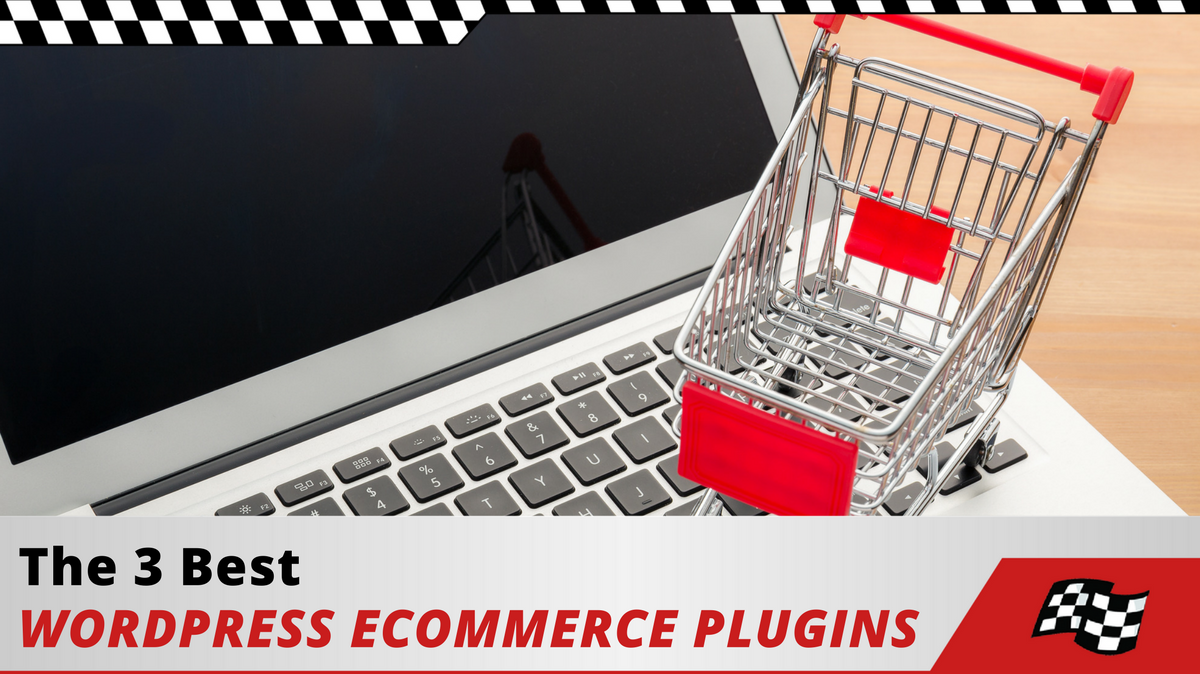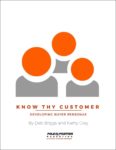
As far as I’m concerned, when it comes to developing websites, you have two choices for platforms. WordPress and…wait no that’s it. It’s simply the best platform to build a professional, robust website. And with its wide variety of plugins, it’s easy to customize it to whatever your needs are.
That’s especially true if your needs are ecommerce capabilities. A typical ecommerce site needs ways to provide shopping carts, offer multiple payment options, and showcase their products on their site, and WordPress certainly has plugins that allow you to do all that.
But with so many options available, the challenge comes in finding the RIGHT plugin(s). Let’s take a look at some of the most popular plugins and platforms to help ease your decision.
WooCommerce

By far one the highest recommended and most well-known ecommerce plugins available, WooCommerce can easily handle your needs.
The plugin manages every part of the online store aspect of your site. From product descriptions to uploading the products, setting prices, adding images, and tracking inventory, WooCommerce is there to help you publish and run your store without any hiccups.
WooCommerce serves as your ecommerce platform, the basic structure for the products you sell online, and how they are seen, but that’s just the tip of the iceberg. It’s the addons that really make this the strongest product on the market.
With addons and extensions, WooCommerce can manage appointments, payment gateways, recurring services, calculate and add for shipping fees…and so much more. With WooCommerce being such a valuable addition, content designers and theme developers strive to make sure their new tools work seamlessly when it comes to compatibility, as it helps drive their own brand as well.
 Ecommerce success requires knowing your customer and addressing their specific needs. Make sure you are speaking to your ideal customer with our Buyer Personal Ebook & Worksheet.
Ecommerce success requires knowing your customer and addressing their specific needs. Make sure you are speaking to your ideal customer with our Buyer Personal Ebook & Worksheet.
MarketPress eCommerce

While WooCommerce can be utilized for free, there are other options that work better when a premium price is paid for the product. MarketPress eCommerce is one of those WordPress ecommerce plugins that works best with the premium version.
If you want to try it out first, they offer a lite version for free that can give you some of the basics, but they really do reserve the best functionality for those that chip in the $24.50 a month for the premium package.
Unlike WooCommerce, all of the add-ons you need are established right within the platform. No additional downloads or installations are needed, saving you time and effort when it comes to getting the full potential from the plugin.
MarketPress eCommerce can sell digital products (PDFs, video, audio, eBooks, etc) along with any physical products that you provide and ship out. There is unlimited space within the plugin to help you feature all the different variations of a product you have to offer, along with great online showcases to display them in the best light possible.
It assists customers by providing a one-stop checkout page, and 16 payment processors built in so that you can set it up to accept just about any form of payment you choose. With WooCommerce being the top free choice, MarketPress eCommerce is our definitive choice for a premium service plugin.
iThemes Exchange

Of the best WordPress eCommerce plugins, the iThemes Exchange is likely the most streamlined when it comes to user interface. The platform itself is available for free, but additional plugins may come with fees or costs, so be sure you’re getting what you really need to handle all of the business you expect.
iThemes Exchange comes with options for Paypal Standard and Paypal Pro built in. For other payment options, you’ll have to download additional extensions, but one of the free options that can be installed without any trouble is the Stripe payment gateway.
As with many free offerings, iThemes Exchange has a premium package available for annual purchase as well, and the core offering will continuously push you to chip in for the premium package. With the limited functions of the free version, it may be worthwhile for you to purchase the premium package depending on your needs.
The extensions included with the premium payment allow for more product variants, recurring payment setup, customer memberships, table rate shipping and more.
What About Shopify?
I’d be remiss if I didn’t at least mention Shopify. It is one of the most popular ecommerce platforms., but it’s not a plugin. Shopify is a fully hosted platform, so you would build your site with Shopify rather than WordPress. You can add a “Buy Button” to an existing WordPress website with a special embed code, but that only connects your site with an existing Shopify store.
Shopify allows ecommerce businesses to get up and running quickly. It has a number of themes and a simple interface. It’s priced right, too, with cost ranging from $29-299 per month. However, a number of apps that a seller might need are paid, some on a monthly basis, which can increase the monthly fee significantly. You also have to pay transaction feeds if you don’t use Shopify payments.
Shopify’s blogging platform is also not great. If you want to use WordPress, you have to host it on a separate subdomain.
The Verdict
While all of the options above are great resources, WooCommerce is set up to be the most powerful option out of the gate and has the most ability to expand. For simplicity, you may want to choose one of the other options, as they get eCommerce up and running faster on a site, but don’t have the options available, especially not for no cost, that WooCommerce provides.
Do you agree? What is your favorite ecommerce plugin?
